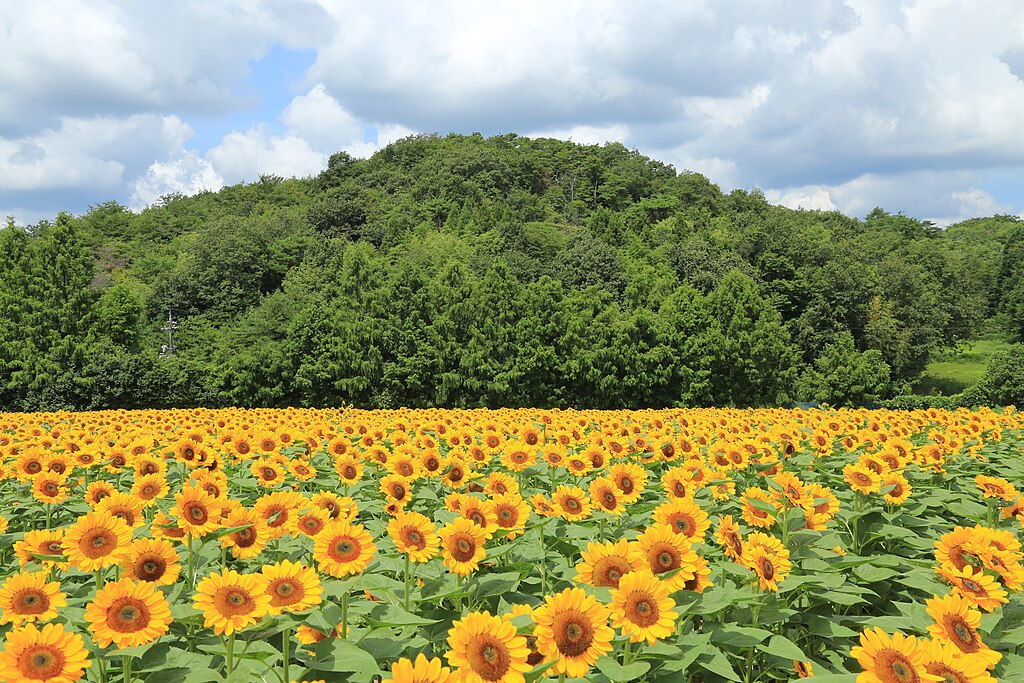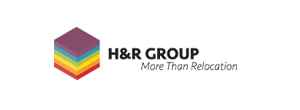Aug 28, 2024
Planning a Visit to Sera Kogen Farm in Hiroshima
Hiroshima prefecture is home to some of the most stunning nature in the country. An ideal place to see the changing seasons is in the flowers at Sera Kogen Farm. The venue also holds events throughout the year, including the Sunflower Festival, Heavenly Blue Hill, the Radish Festival, and Sera Kogen Candle Night.
The Main Areas
Sera Kogen is split into four main areas. You should research in advance which part of the farm you want to visit, as some parts are only open at certain times of the year, depending on what’s in bloom.
Sera Kogen Farm
The main part of the venue spans 150,000 square meters. There are a variety of different flowers here, although the cherry blossom, tulips, dahlias, and sunflowers are some of the most impressive.
Flower Village
Kamu no Sato, or Flower Village, is one of the top places to visit in Sera Kogen in the spring, when there are fields of azure nemophila as far as the eye can see with a backdrop of mountains. It’s also worth visiting later in the year, when the blue is replaced by colors ranging from white and pink to purple and deep red of hollyhocks and hydrangeas.
Wisteria Garden
Sera Fujien, the Wisteria Garden, is a 30,000 square-meter area with around 1,200 Japanese wisteria. While they’re in bloom, around 7,500 lupines grow to meet the flowers hanging down from the trees.
Sky Flowerbed
Hana no Mori, or Sky Flowerbed, is the part of the farm dedicated to roses, mostly English roses. It is one of the largest rose gardens in the country. Other flowers grow alongside the roses, resulting in a blanket of color.
What Season to Visit
There’s something to see in Sera Kogen almost throughout the year. Although there’s less in bloom over the winter, there are still some opportunities to visit.
March
Flowers start coming into bloom in March, which is cherry blossom season in Hiroshima. You’ll also see yellow fields of canola as well as blues, whites, and pinks of nemophila mixed with moss phlox.
April
Cherry blossoms and canola flowers continue into April. They’re joined by 200 species of tulips planted to create patterns in the fields. This is also when wisteria and lupines come into bloom.
May
May sees the continuation of tulips, wisteria, and lupines along with the opening of the rose garden.
June
In addition to roses, June is when hydrangeas and hollyhock are in bloom.
July
In July, sunflowers take over the fields at Sera Kogen.
August
You’ll still be able to see sunflowers if you visit in August. Also in bloom are Western morning glory and golden marigolds.
September and October
The months of September and October are characterized by dahlias and garden mums as well as autumn roses, red kochia, and cosmos.
November and December
The year finishes with illuminations and candle-lit walkways in the evenings of November and December.
Unfortunately, Sera Kogen is almost impossible to reach by public transport. If you don’t have your own car, it’s worth renting one for a day to visit the farm. If you’ll be in Hiroshima long enough, try to return again for a different season to see a completely different Sera Kogen.
世羅人, CC BY-SA 4.0, via Wikimedia Commons


About the author